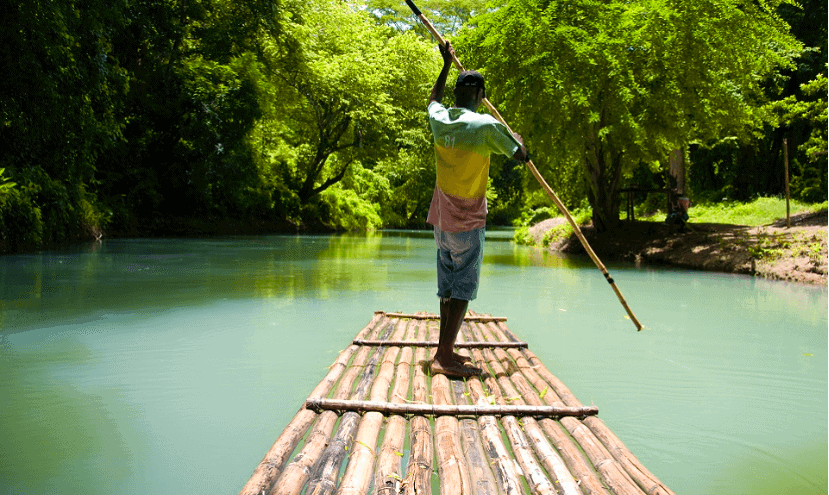
Eco-Tourism in Jamaica: Preserving the Island's Natural Environment
Share
Jamaica's natural beauty is not only a sight to behold but also a precious resource that needs protection. As the world embraces sustainable practices, Jamaica has emerged as a destination for eco-tourism, offering opportunities to explore its diverse ecosystems and participate in conservation efforts. In this article, we delve into the realm of eco-tourism in Jamaica, showcasing the initiatives aimed at preserving the island's natural environment.
Sustainable Practices
Discover the eco-friendly practices adopted in Jamaica, such as responsible waste management, renewable energy sources, and sustainable agriculture. Learn how these initiatives contribute to the preservation of the island's natural resources and reduce the ecological footprint of tourism.
Nature Reserves and Protected Areas
Explore Jamaica's nature reserves and protected areas, such as the Blue and John Crow Mountains National Park and the Cockpit Country. Engage in activities like hiking, birdwatching, and exploring unique flora and fauna while gaining awareness of the importance of preserving these delicate ecosystems.
Coral Reefs and Marine Conservation:
Dive into the vibrant underwater world of Jamaica's coral reefs and join marine conservation efforts. Snorkel or scuba dive along the coast, participate in reef restoration projects, and learn about the threats facing these fragile marine ecosystems.
Eco-tourism in Jamaica offers a unique opportunity to experience the island's natural wonders while contributing to their preservation. By embracing sustainable practices and exploring nature reserves and protected areas, visitors can engage in eco-friendly activities that raise awareness about the importance of environmental conservation. Whether it's hiking through the Blue and John Crow Mountains, diving into the coral reefs, or supporting local initiatives, eco-tourism allows individuals to appreciate Jamaica's natural environment while leaving a positive impact on its ecosystems.
